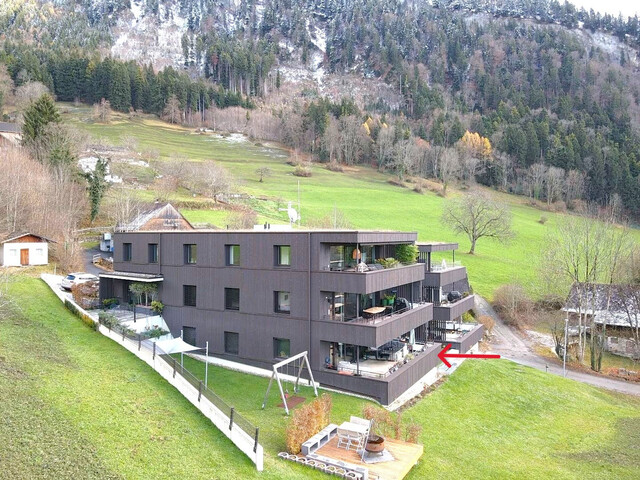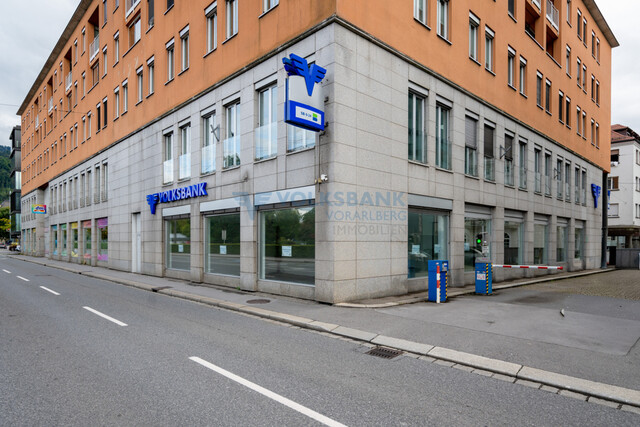Austria's Police to Rely on "Super Recognizers" in the Future
The executive will henceforth rely on Super Recognizers. These are people with an exceptionally high talent for recognizing faces. As part of a pilot project, 30 such officers have been deployed in Lower Austria and Vorarlberg since October. As announced by the Director General for Public Security, Franz Ruf, and the head of the Federal Criminal Police Office, Andreas Holzer, the project is to be expanded to all of Austria in the future.
Unique Abilities That Cannot Be Learned
"Super Recognizers have natural abilities that cannot be trained," explained Ruf during a background discussion on Wednesday at the Ministry of the Interior. "Even if faces have changed over time due to the aging process, even if difficult conditions prevail such as in the case of a large crowd that is still moving and when faces are only seen briefly," said the Director General, hits can be achieved. "They are capable of recognizing faces turned downwards, looking upwards, or even with a beard," Holzer illustrated with another example.
Model Example St. Gallen
The Ministry of the Interior now wants to make use of these abilities - following the example of police authorities in Berlin, Munich, or in Swiss St. Gallen. In these cities, the deployment of Super Recognizers has already been tested. Ruf referred in this context to the model in St. Gallen. There, around 300 investigative approaches were generated during a one-year test operation, with only a three percent error rate. At two major events in St. Gallen alone, 20 wanted persons were identified, Ruf said. In a total of 60 percent of the identifications, a confession was eventually made.
Based on these experiences, the decision was made to implement it in Austria. Contact was made with neuroscientist Meike Ramon from the Bern University of Applied Sciences (BFH), who is considered the developer of the only diagnostic procedure for recognizing Super Recognizers in the German-speaking area. "She provided it to us free of charge," the Director General recounted. Subsequently, a total of 903 executive officers were tested in November 2024.
30 Officers in Austria are so-called "Super Recognizers"
30 of them (eleven in Vorarlberg, 19 in Lower Austria) ultimately demonstrated this talent. They are to be deployed in the criminal police sector in the future - including in image tracking, target tracking, surveillance, and large events. In parallel, "synergies with, for example, the facial recognition system of the Federal Criminal Police Office are being examined," said Holzer. "If there is a hit in facial field recognition, it will be cross-checked again by the colleagues," said Holzer. He spoke of a "match between digital and analog investigation."
The coordination of the project takes place in the two involved state criminal police offices. The Super Recognizers regularly receive wanted photos. "They then memorize these and use their knowledge in the course of their service," said Ruf. Of course, deployment in special operations is also conceivable, said Ruf.
Numerous Advantages
Holzer and Ruf also highlighted the low costs of the project against the backdrop of budgetary pressure in the public service. "We are utilizing the existing potential in our organization," explained Ruf. Additionally, the project is unobjectionable in terms of data protection law, as no technical systems are used.
The trial operation will run until the end of February 2026. An evaluation is then to be conducted. The two senior officers emphasized on Wednesday that a nationwide rollout in Austria is the goal of the project. He is "optimistic" in this regard, said Holzer. "From today's perspective, there is much to support this," added Ruf. If threats can be identified earlier in this way, it ultimately means "more protection for the population," emphasized the Director General.
(APA/Red)
This article has been automatically translated, read the original article here.
Du hast einen Hinweis für uns? Oder einen Insider-Tipp, was bei dir in der Gegend gerade passiert? Dann melde dich bei uns, damit wir darüber berichten können.
Wir gehen allen Hinweisen nach, die wir erhalten. Und damit wir schon einen Vorgeschmack und einen guten Überblick bekommen, freuen wir uns über Fotos, Videos oder Texte. Einfach das Formular unten ausfüllen und schon landet dein Tipp bei uns in der Redaktion.
Alternativ kannst du uns direkt über WhatsApp kontaktieren: Zum WhatsApp Chat
Herzlichen Dank für deine Zusendung.








